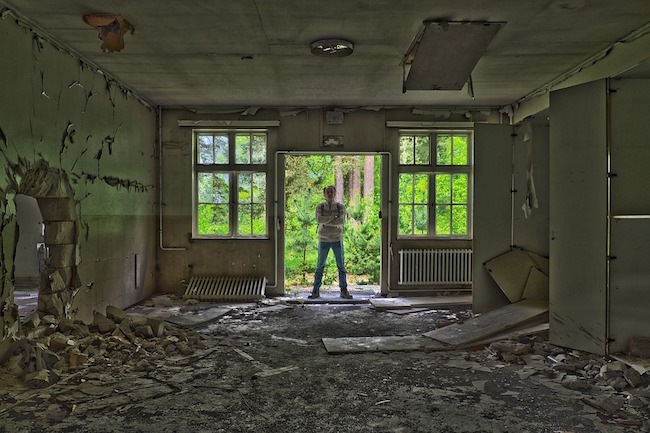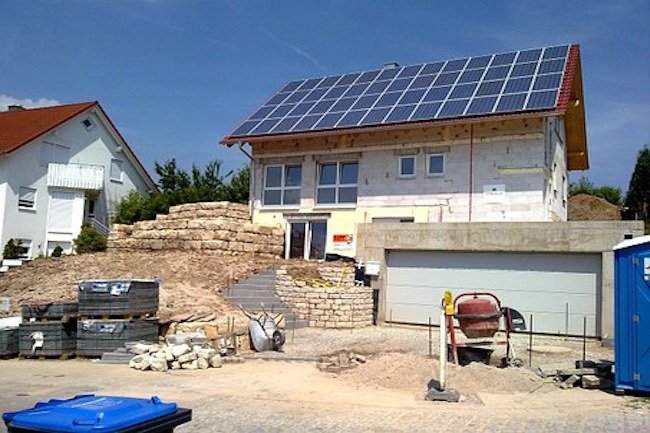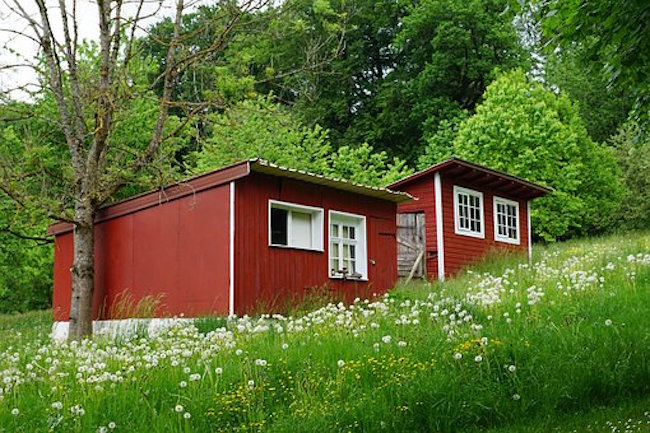How People Survive (Or Not) in a Collapsed Economy by J.G. Martinez for The Organic Prepper
GNN Note – If you’ve not been following along with Mr. Martinez he is a native Venezuelan not only has he lived in Venezuela his entire life he has been documenting, periodically, the socialist, economic collapse. Before J.G. began writing for The Organic Prepper, Daisy Luther, Publisher of The Organic Prepper, had done a marvelous good of documenting the, now years long, collapse. It has been a fantastic expose’, close to 6 years in the making, of why preparedness is essential to our lives. If you want to understand how an economic collapse happens, how the people respond and learn how to deal with what is coming to the U.S. – start reading, begin acting and don’t stop. If you don’t think this can, and will, happen here in the U.S. – are willing to bet your life on that? /END
No matter what the media says about how things are now, how you perceive reality is what truly matters. I know keeping false hopes can be hazardous. (I have experience with that, trust me.) Confirmation of that is found in deep insights like the ones in this Hopium article.
After one month of adjusting to my perception of this little town in Venezuela where I lived more or less peacefully until my early adulthood, I can acknowledge my vision while away was not exactly the most accurate.
Observations of the businesses and trades here
Those wealthy enough, for sure, have no problems, even if that wealth is mainly invested in facilities within our borders, machinery, vehicles, real estate, and properties. However, I do notice many empty commercial rentals. One primary reason for the empty rentals is people are not adequately analyzing the market here. I see this all over, not just here, but in many other cities, Lima included. It’s not something new, but the cruelty of a deprived economy reinforces terrible business choices.
Lack of planning and preparation is a sure way to kill any entrepreneurial endeavor. One MUST do a proper market study before entertaining the thought of opening a business in the middle of a slow-motion collapse. This process involves plenty of experience, knowledge, and a critical capability: awareness.
For example, if you’re the only shoemaker in town, you can expect an overwhelming amount of shoes to repair, along with some basic sewing and clothing repair.
I see the economy has been more or less working
It is a skills-based economy. In our small town, the diesel engine and gasoline engine mechanics, car electricians, home electricians, plumbers, and non-specialized laborers are usually busy. Hairdressers seem to have enough customers to keep them more or less busy. (During the pandemic, they went to their customers’ homes.)
Most people who repair things, whether they’re good at it or not, can make a living. We even have a pair of locksmiths, something unexpected in a town this small.
Of course, those who produce food always have consumers. Our traditional white cheese, grain coffee, and stuff like semi-industrial homemade cornmeal (flour) for arepas will find their way to the market. Those selling semi-processed foods (birthday cakes, fried dinner items), pastries, semi-industrial sausages, chorizo, and industrially smoked pork chops find a market, too.
Daisy has talked about this before – producers vs. consumers.
Everyone wins with good, honest trade
I saw a young man buying some groceries right before me in a small produce shop. He had a 10 dollar bill. The shop cashier quickly calculated how much local currency was, according to the official rate. As the staples he wished to purchase did not total 10 dollars, and the cashier had no change, she asked him to add another item. He chose a few popsicles for the kids from a jar on the counter, a little garlic, a couple of onions, and some oranges. He was a little bit over the 10 dollar mark, but she let it pass. Everyone wins.




